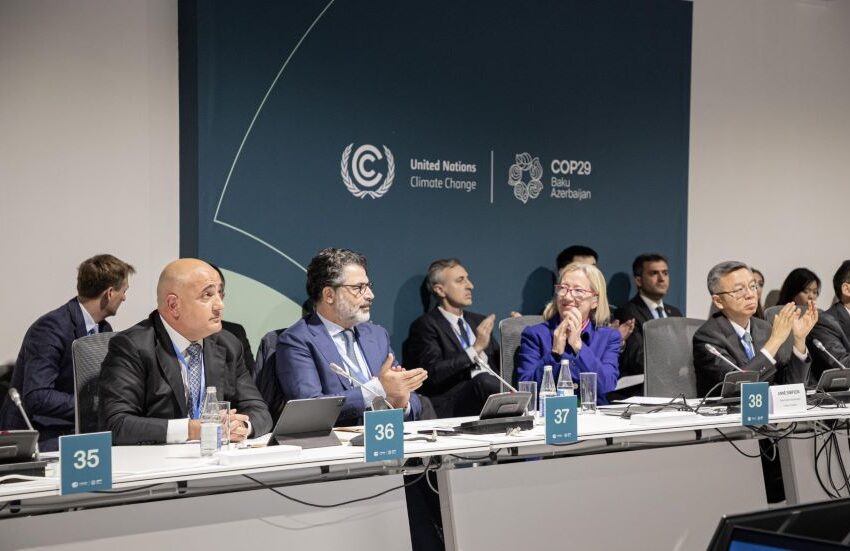
Financing Climate Action is Major Theme for SWFs
The International Forum of Sovereign Wealth Funds (IFSWF) on Thursday said that financing climate action has become a major investment theme for its members over the past half-decade.
Most SWFs now recognise that while climate change poses financial risks that must be managed, they are also embracing the opportunities arising from the need to mitigate carbon emissions, adapt to climate change impacts, and enhance economic resilience in response to these changes, IFSWF said.
More and more SWFs have been reporting on their carbon footprints and have committed to driving carbon reductions in their portfolios. Some of them have aligned with initiatives like the One Planet Sovereign Wealth Fund Network to strengthen efforts to integrate climate-related financial risks and opportunities into the management of large and long-term asset portfolios.
IFSWF Chair Obaid Amrane said that as SWFs, have both the capacity and responsibility to lead by example in mobilising capital for sustainable development.
Taking part in a panel discussion titled “The role of SWFs in financing energy transition” as part of the COP29 Presidency events, Amrane said that their collaboration at the ongoing COP29 in Azerbaijan reflected their shared commitment to financing the energy transition and addressing climate challenges through strategic, long-term investments.
He also highlighted the critical importance of SWFs in addressing climate imperatives through informed, long-term investment strategies.
The panel discussion brought together global leaders including IFSWF members and representatrives from International Monetary Fund (IMF) to examine the strategic role of SWFs in advancing sustainable finance and supporting the global shift toward a low-carbon economy.
In his opening remarks, State Oil Fund of the Republic of Azerbaijan (SOFAZ) CEO Israfil Mammadov said that as a key contributor to Azerbaijan’s state budget, the Fund plays a pivotal role in financing the nation’s sustainability agenda and energy transition.
“By upholding robust governance, in line with the Santiago Principles, we are committed to fostering economic stability while driving progress towards a sustainable future,” Israfil Mammadov said.
The IFSWF said that the accelerating impacts of climate change were already felt worldwide, threatening ecosystems, human health, economic stability and overall sustainable development.
As climate impacts escalate with each increment of warming, the urgency for global investment to be channelled into both mitigation efforts to reduce carbon emissions and adaptation measures to build resilient economies globally have never been greater.
SWFs Step Up Investments
The IFSWF also said that it will support member efforts to increase their investments in climate finance, including their role in blended finance structures that mobilise private capital for climate adaptation and mitigation projects, especially in emerging markets and developing economies (EMDEs) where the need is greatest.
IFSWF will also assist its members as they build the knowledge and develop the expertise to identify investment opportunities that will accelerate the just energy transitions, for example, in sectors such as renewable energy, green infrastructure, and low-carbon technologies.
“We will continue to support members as they implement tools and explore pathways to reduce the carbon intensity of their portfolios, progressively align their investments with global climate goals, and advance national development goals to affect a just energy transition,” it said.
IFSWF also committed to identifying and raising the awareness of members to potential new financial instruments and platforms that would best facilitate the flow of member capital into climate projects and sectors while ensuring a competitive rate of return in line with their mandates and long-term investment horizons.
As part of its ongoing research programme, IFSWF will continue to enhance the transparency of its members’ climate-related investments by providing annual reports on its members’ actions to meet national climate targets.















